Before the Raid (1944)
A dramatised account of Norwegian fishermen outwitting occupational forces during World War II, directed by Jiří Weiss and written by acclaimed author Laurie Lee.
A dramatised account of Norwegian fishermen outwitting occupational forces during World War II, directed by Jiří Weiss and written by acclaimed author Laurie Lee.
With the Fifth Panzer Army fighting its way towards the River Meuse, the cross roads town of Bastogne, vital for the success of Hitler's last attempt to check the Allies in the west, the Americans rushed reinforcements to hold it. 101st US Airborne Division was resting in reserve near Paris when the call for immediate deployment to the Ardennes came and reached Bastogne just before the German ring around the town closed. Wearing only normal uniforms, the 101st joined the other garrison troops in a siege where they fought not only the enemy's panzers but the freezing, snowy, cold to hold the vital road junction. Filmed on the ground we tell the story of the heroic defence of Bastogne.
This documentary about WW II, composed of clandestine Allied film takes and German Wochenschaubilder, focuses on the French Resistance, especially the heroic but disastrous battle of the Vercors plateau in July 1944, where German troops mercilessly slaughtered the Maquis and the inhabitants.
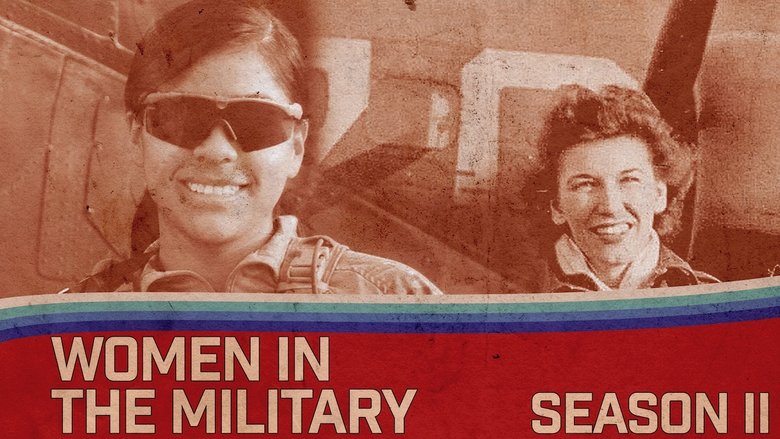
Following the tradition of military service in her family, Alene Duerk enlisted as a Navy nurse in 1943. During her eventful 32 year career, she served in WWII on a hospital ship in the Sea of Japan, and trained others in the Korean War. She became the Director of the Navy Nursing Corps during the Vietnam War before finally attaining the rank of Admiral in the U.S. Navy. Despite having no other women as mentors (or peers), Admiral Duerk always looked for challenging opportunities that women had not previously held. Her consistently high level of performance led to her ultimate rise to become the first woman Admiral.
After the capture of Shanghai, Japanese soldiers make a trip to Suzhou.
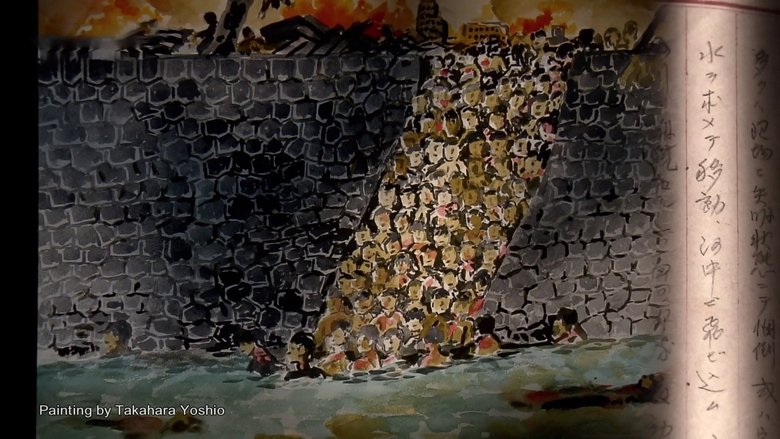
On August 6, 1945, the first-ever nuclear bomb deployed in war was dropped on the city of Hiroshima Prefecture, leaving an estimated 140,000 dead in its wake by the end of that year. Among the victims, one particular age group stands out for the sheer number of fatalities sustained: 12 and 13 year-olds, children of first year junior high school age. We investigate the tragedy of this lost generation, piecing together surviving records and speaking with survivors, for whom the memories of children robbed of their futures that day are still burned deep in their memories, nearly eight decades on.
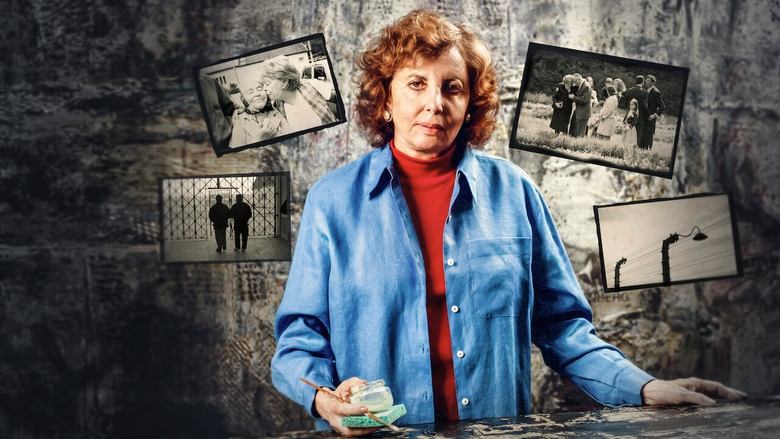
Five Jewish Hungarians, now US citizens, tell their stories: before March 1944, when Nazis began to exterminate Hungarian Jews, months in concentration camps, and visiting childhood homes more than 50 years later. An historian, a Sonderkommando, a doctor who experimented on Auschwitz prisoners, and US soldiers who were part of the liberation in April 1945.
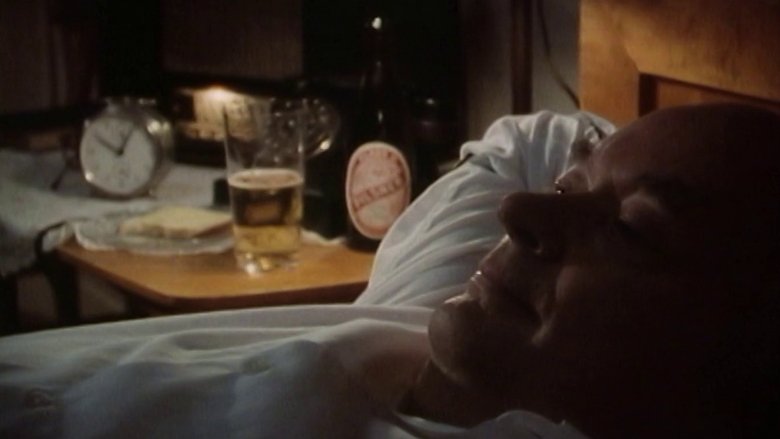
At dawn on June 22, 1941, Germany invaded the Soviet Union. On the same morning, Germany demanded permission from the Swedish government to transport 18,000 German soldiers from Norway to Finland across Sweden by railway. This was a difficult problem for the Swedish government. On one hand remaining friendly with Germany at the height of its power, on the other maintaining a strict neutrality. The Swedish cabinet meet in Stockholm to decide upon the best reply to the German demands.
This drama-documentary evokes what it was like to work closely with Churchill in the Cabinet War Rooms during the dark days of the Blitz and the later bombing raids on London. The programme combines superb archive film from the Imperial War Museum’s vast collection, with atmospheric dramatisations actually filmed inside the Cabinet War Rooms – the real locations from where Churchill led the nation. Includes first-hand accounts which reveal the challenges of working with Britain’s bullish war leader at close quarters.
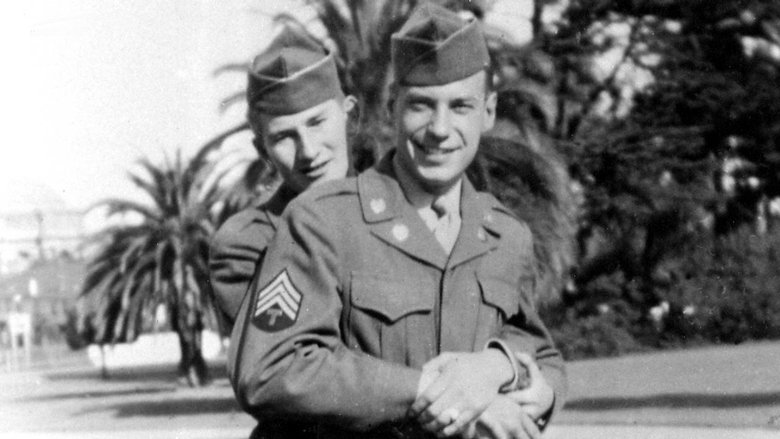
A historical account of military policy regarding homosexuality during World War II. The documentary includes interviews with several homosexual WWII veterans.
Documentary film version of the stage show in which actress Cynthia Gates Fujikawa explores the story of her father, actor Jerry Fujikawa, who had a long career in films and television, most often as a stereotyped Asian. The daughter, in the course of searching out her late father's history, discovers many things that she had not known, among them that her father had spent time in Manzanar, the internment camp for Japanese-Americans during World War II, that he had had a family prior to hers, and that somewhere out there was a sister she had never known existed.
April 4, 1943, ten American prisoners of war and two Filipino convicts executed a daring escape from one of Japan's most notorious prison camps.
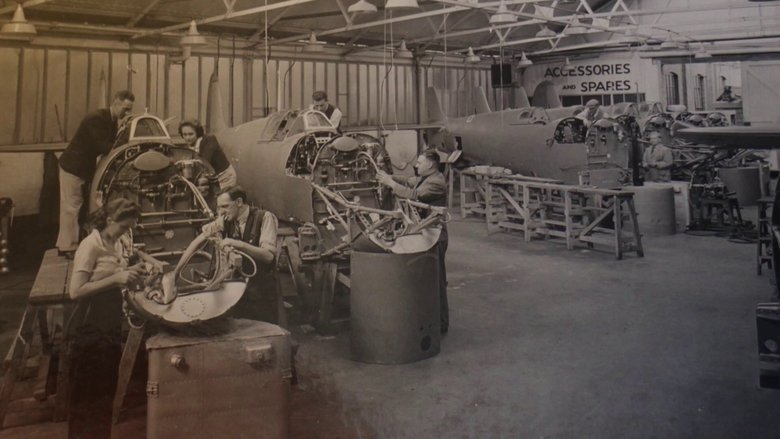
Spitfires were the nemesis of the Luftwaffe and the instrument which halted Hitler’s plans for invasion. After relentless bombing of the Spitfire factories in Southampton, the Germans were convinced they had halted the production of the Spitfires for good. But across the South of England, hidden in sheds, garages, back gardens, bedrooms, a bus depot, and even a hotel, a workforce of unskilled young girls, boys, women, elderly men, and a handful of engineers secretly built thousands of Spitfires to help win the war. Witnesses recount this never-before-told story of amazing achievement.
An account of Adolf Hitler's rise and fall, his relationship with Eva Braun and their days of leisure at the Berghof, their Bavarian residence.
This Best Short Subject Academy Award winning film begins in the spring of 1940, just before the Nazi occupation of the Benelux countries, and ends immediately after the Japanese attack on Pearl Harbor. It chronicles how the people of "Main Street America", the country's military forces, and its industrial base were completely transformed when the decision was made to gear up for war. Original footage is interspersed with contemporary newsreels and stock footage.
This short film in support of the war effort focuses on the training and missions of Army Air Corps Captain Hewitt T. Wheless just after the U.S. entry into World War II.
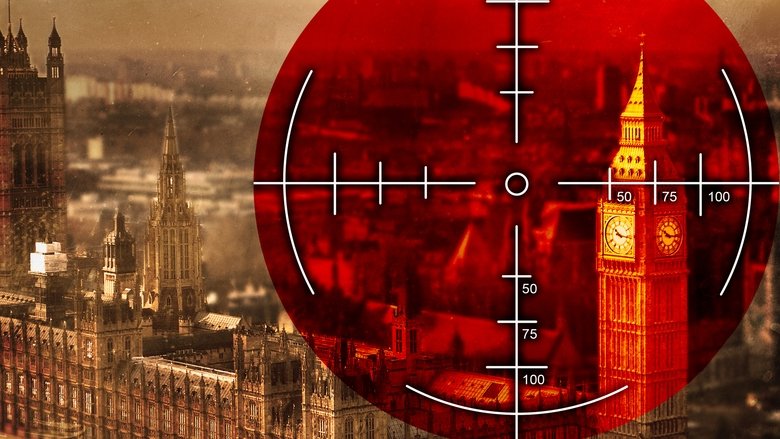
Historians and engineers investigate how Allied forces conspired to destroy Hitler's "supergun".
In 1945, 160 German cities lay in ruins and the loss of millions of lives, billions in material assets and countless cultural treasures was mourned throughout Europe... With the question “How could it happen?”, the film goes back to the year 1914, when the “primal catastrophe of the 20th century” took its course with the First World War.
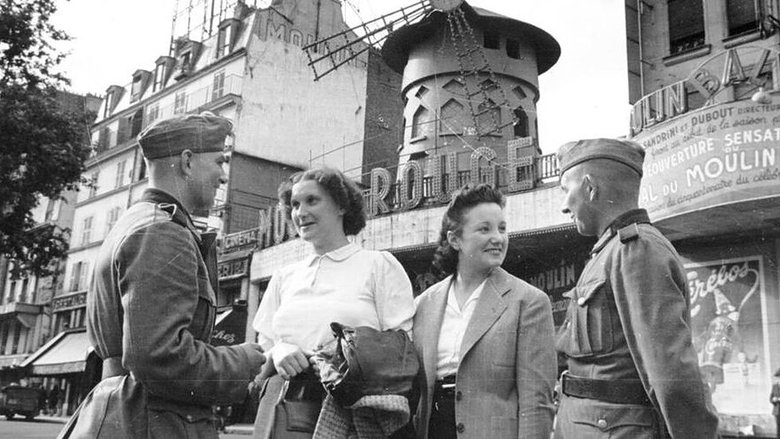
Love & Sex under Nazi Occupation questions the burning mystery of intimate heterosexual and homosexual relations in times of war... and shows how being close to death reinforces the yearning for passion, for pleasure, for transgression, for desire as a last burst of freedom, as an ultimate call to life. Nearly two hundred thousands children are thought to be born of the union of French women with German soldiers. Women weren't the Germans' only conquests; indeed, occupied Paris swarms with all kinds of homosexuals—from Genet to Cocteau—who treated with the occupier. The fate of those women who were shaved at the end of the war for fraternizing with Germans is the punishment of a France that lied down and slept with the enemy.
'Spitfire Sisters' tells the story of the remarkable ladies who flew for the Air Transport Auxiliary (ATA) in World War Two. Called upon to ferry military planes of all types between airfields, factories and maintenance units, these ladies were faced with bad weather, operational adversities and flying planes they had never flown before. Now in their 90's, these ladies tell us of the adventures they experienced during their incredible lives as Ferry Pilots. With tales of love, laughter and loss, people can't help but feel permanently amazed by the achievements of these unique women. They are the unsung heroes of the Second World War.
The SS chief Heinrich Himmler wanted to exchange Jews against so-called German Reich abroad, against arms sales or for cash - with the express approval of Hitler.